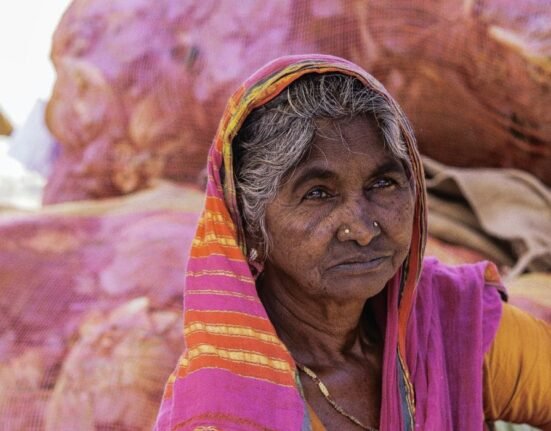The Trolley Problem is usually deemed to be the epitome of the ‘Greater Good Debate’. It is quintessentially a conflict between actively seeking and promoting the “Greater Good” and adhering to “Laissez-Faire”, i.e. a policy of natural non-interference.
The problem is as follows. There is a runaway rain trolley heading towards a juncture. If the train keeps moving in its current course it will mow down five oblivious maintenance workers (who are wearing earmuffs to muffle out the noise). However, you are standing next to a lever, which if pulled, will switch the tracks and divert the train to the neighbouring track, killing a single unaware person standing there. You do not have a third choice. Fatalities mentioned in either of the situations are unavoidable once the train embarks about the respective route.
Opting for the greater good – appropriates the blame for the death, albeit singular, directly onto the switch flicker. The blood of the victim is directly on the hands of the lever-puller while for the abstainer it would not have been so. On the other hand, the regret of being able to have saved multiple lives and not doing so might follow the latter.
The imbecile indifference of the United Kingdom in mutely spectating the outbreak grow into a pandemic and then surrendering any conviction of action has attracted widespread scepticism. The grossly unprepared nation has pinned its hopes and stakes on a controversial ‘herd immunity’ hypothesis. The British Administration which is alleged of having been hastily and ill-advised has advocated a passive no-prevention policy, whereby no attempt has been made to curtail any public activity, discourage interpersonal interactions or contain the epidemic in any way. The United Kingdom’s National Health Service was already heavily-burdened and late response ensured that the curve was too far shifted to be flattened. Meanwhile, in China, most of the health institutions and professionals were rid of their existent occupations or given the prerogative to do so. Being able to relieve themselves, most professionals could focus on deterring the spread of the outbreak. As China mustered and collimated its elite medical expertise, attention was diverted from patients of most other ailments. In this war against the disease systematically waged by the government, the taxed hospitals are so overwhelmed with the disease that they have little time or resources to devote towards other ailments. Predictably, other patients, even routine attendees were firmly turned away. Certain facilities are opting to close entire departments and reject even those seeking surgeries and dialyses.
According to a report by The Washington Post, “Chinese social media has been flooded by so many pleas under the hashtag #NonPneumonia¬PatientSeekingHelp that authorities this week began censoring posts. Although nationwide statistics are not available, families and networks of volunteers who monitor such cases say there are patients dying at home because they cannot access timely care”. In effect, China is choosing the greater good. Given the communist regime’s strict control and direction of all activities, its well-known propensity towards the greater well-being of the state, and its track record of seldom refraining from mandating individual sacrifice for the sake of the government’s triumph, it comes as no surprise. China has made clear that it is on the interventionist side of the trolley problem’s tracks.
Meanwhile, the UK chose to stick to the status quo. Its National Health Service was already under considerable chronic strain, primarily owing to a decade of underfunding and understaffing. From the current regime’s perspective, altering the ongoing circumstances might have seemed to amount to taking the blame for existent patients by diverting services towards the Coronavirus. This could have been very well prompted, Johnson, at the behest of the Chief Scientific Adviser and the Chief Medical Adviser, to espouse the long-term, large-scale infection among the younger population in a bid to build “herd immunity”, in order to decisively and confidently prevent further spread of the disease especially a purported resurgence speculated to onset with the arrival of the winter. Building herd-immunity often requires well-in-advance preparations, and is expected to work in conjugation with systematic social distancing and shielding of the vulnerable. The UK government has also said it will now only test people once they have been admitted to the hospital with severe symptoms. Switzerland has taken a similar road, however, both nations have experienced considerable backtracking. The UK has taken the laissez-faire approach, both in not much doing about the infected as well as not majorly disturbing the existent setup.
Whether it be the martial-scale disruption approach of China or the laid-back non-interventionist approach of the UK, the prevailing crisis has exposed not only the ill-preparedness of our service machinery but also the sensitivity of major decisions to the vagrancy of those in crucial positions of power. Only time shall tell which lineman ends up with the least regret.












Leave feedback about this